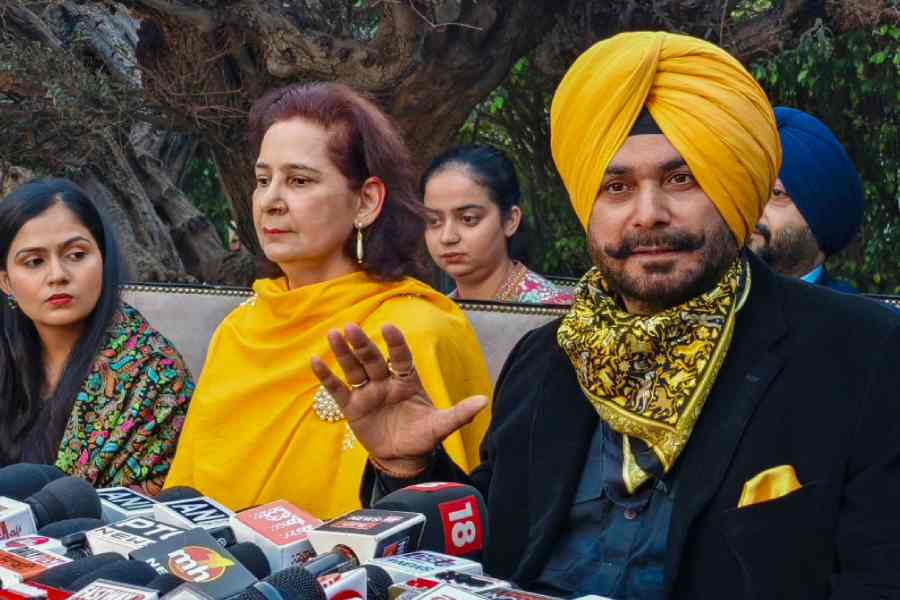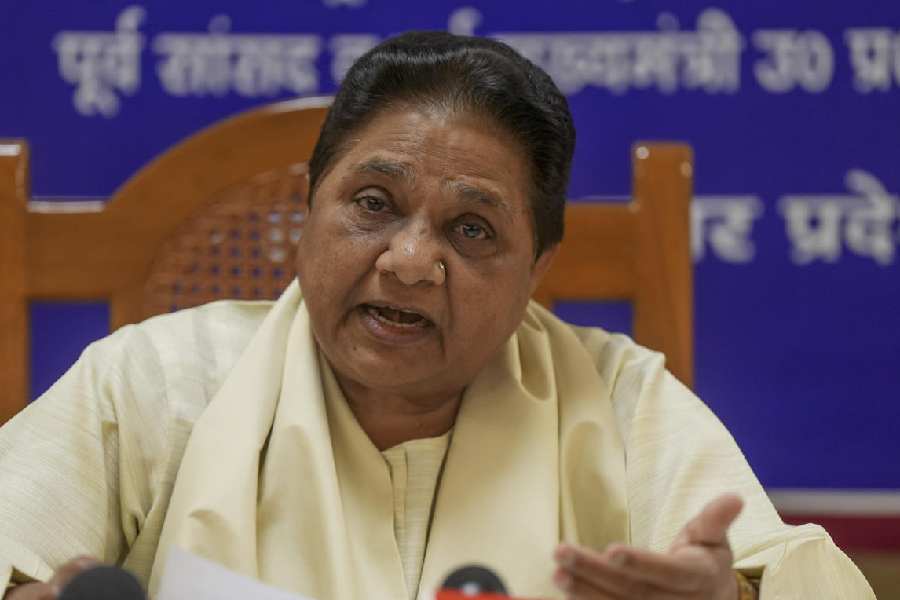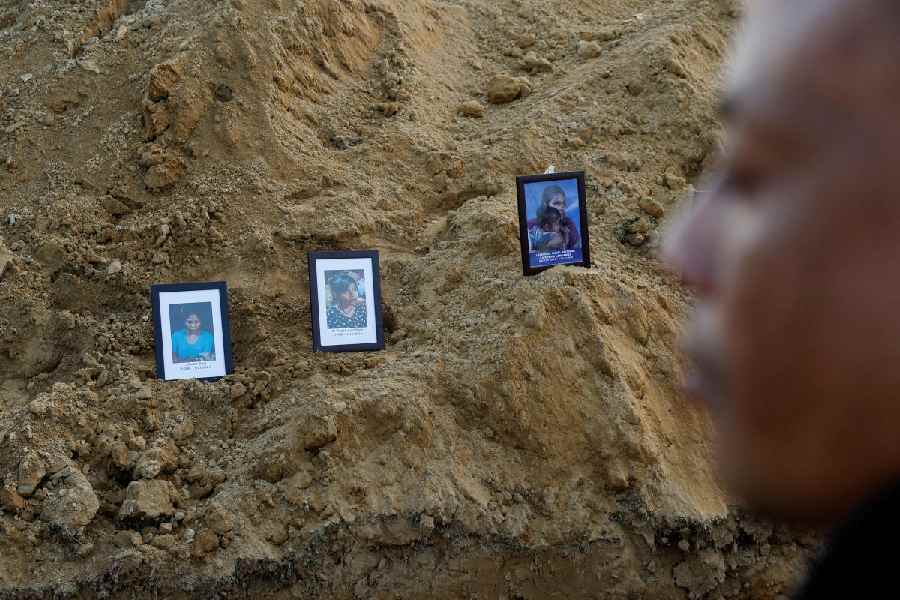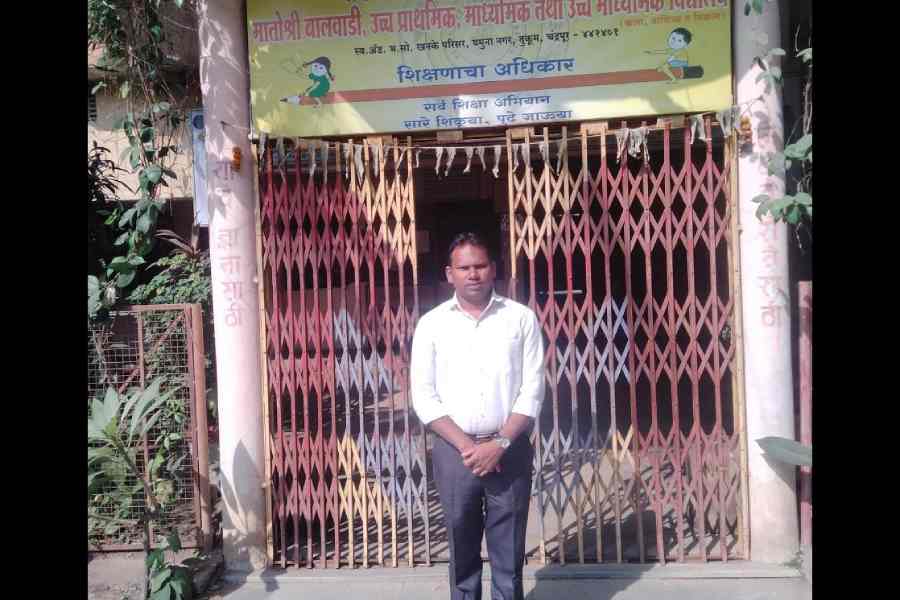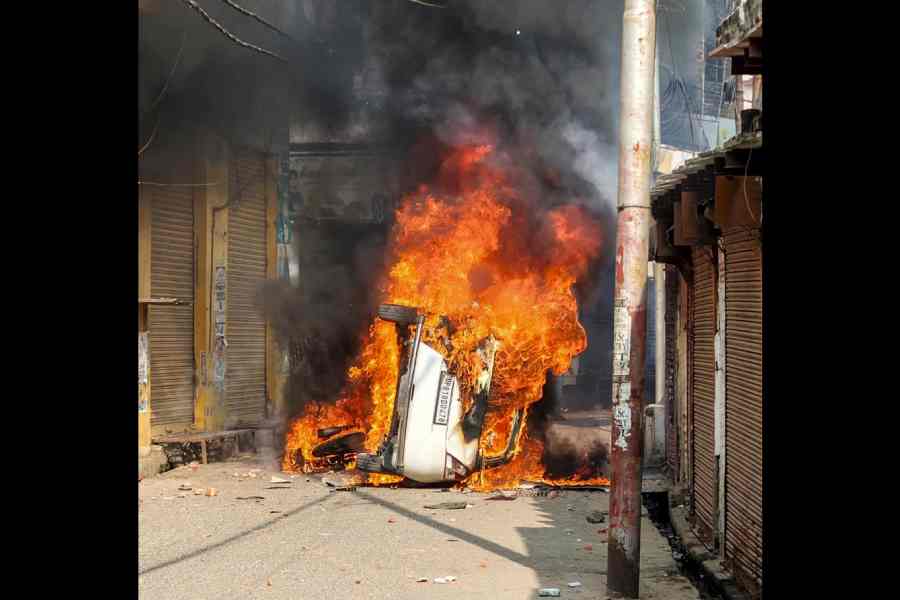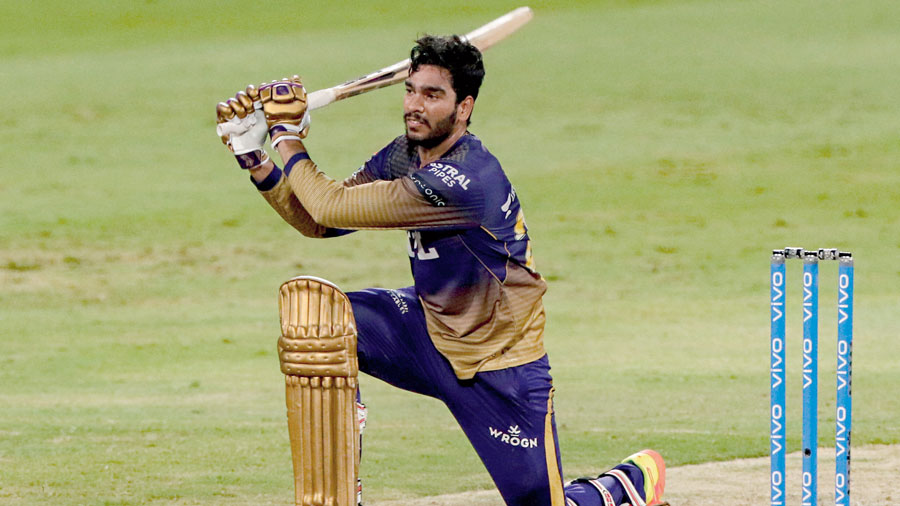India’s top oncologists released notes on Saturday urging people not to rely on unproven remedies after former cricketer Navjot Singh Sidhu claimed that neem, lemon juice, turmeric, cinnamon and other dietary interventions had helped cure his wife’s breast cancer.
The Tata Memorial Centre (TMC), Mumbai, the country’s leading cancer hospital, and over 262 current and former TMC oncologists cautioned in separate notes that there is no evidence to support Sidhu's claims, made at a media conference on Thursday and now circulating on social media.
Sidhu had claimed that the elimination of sugar, milk products, refined oil, wheat and refined wheat, and the use of lemon juice, turmeric, cinnamon, neem leaves, gooseberries and quinoa among other dietary changes had helped his wife beat cancer.
She had been diagnosed with stage-4 breast cancer — a late-stage condition in which the cancer has spread beyond the breast to other parts of the body. "But she’s returned from that point within 40 days," Sidhu said, crediting the dietary changes.
Members of India’s oncology fraternity and the wider medical community said they were worried that such claims might cause harm by drawing people diagnosed with cancer into experimenting with unproven remedies and away from standard cancer treatment protocols.
"We urge the public to report to an appropriate healthcare facility if there are symptoms of possible cancer and, if diagnosed with cancer, to take evidence-based treatment advised by trained physicians," the government-run TMC said in a statement.
Both the TMC and the 262 TMC alumni have asserted that cancer is curable if detected early and the standard treatment includes various combinations of chemotherapy, surgery and radiation therapy.
The alumni statement said the claims about eliminating sugar and dairy products and consuming turmeric and neem, among other things, do not have any high-quality evidence to support them.
“While research is ongoing for some of these products, there is no clinical data to recommend their use as anti-cancer agents,” the alumni group said. “We urge the public not to delay their treatment by following unproven remedies, but rather consult a doctor, preferably acancer specialist.”
Gurpartap Singh Grewal, a senior consultant in family medicine in New Delhi and past president of the Delhi Medical Association, said Sidhu’s claims could be described as “misleading health propaganda”, designed to appeal to people’s emotions.
“Diet, of course, has an important role in health, but to claim dietary interventions helped cure cancer is rubbish,” Grewal said. “Such statements, if widely circulated through social media, might prompt some patients to stop regular therapy and turn to self-proclaimed panaceas. This can be dangerous.”

